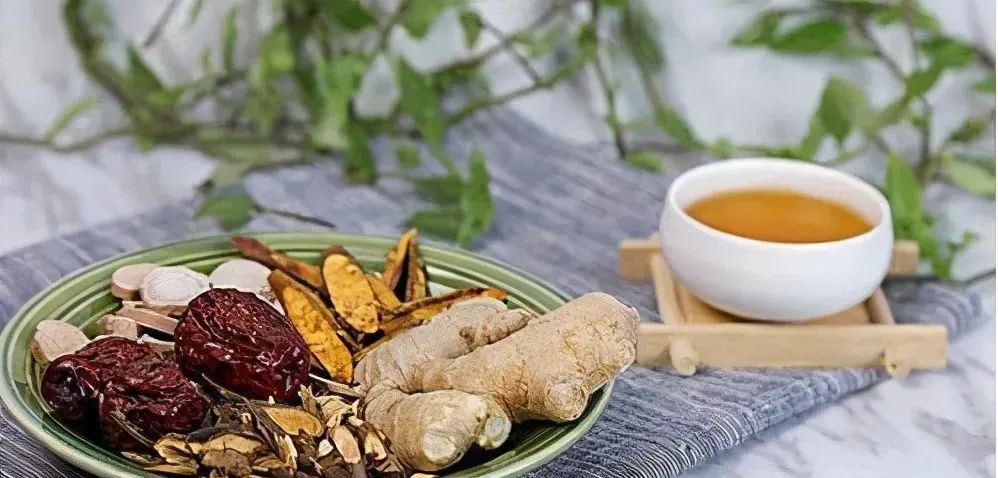traditional chinese medicine posterThe treatment principles of Traditional Chinese Medicine for each of these manifestations of a Wind attack is to expel the Wind pathogen and eliminate the other pathogens that accompany it, and strengthen the patient’s Qi if the patient is weak. The primary focus of therapy, if the patient is not sweating, such as in a Wind-Cold attack, is to cause sweating and “release” the pathogen from the body. Treatment for Exterior Wind attacks may be performed via acupuncture, herbal medicine, Qi Gong, or a combination of these modalities.
If caught in the early stages by your doctor of traditional chinese medicine (especially within the first few hours of the onset of symptoms) acupuncture, herbal medicine, and Qi Gong can be very effective at eliminating pathogenic influences. If the disorder has progressed beyond the onset of symptoms, or if symptoms have become severe, herbal medicine is generally the TCM therapy of choice, with acupuncture and Qi Gong exercises used as symptomatic relief and adjuvant therapies.
To keep the body’s Qi strong and prevent Wind attacks, any of the three modalities may be used, as all of them have immunostimulating functions. In fact, several clinical studies have demonstrated that herbal medicine and acupuncture in particular reduce the incidence of upper respiratory tract infections and shorten the course of illness.
Acupuncture and Colds & Flu
Acupuncture treatment varies according to the presentation of symptoms and the predominance of Heat, Cold, or other pathogens and to the strength of the Qi. For example, in a Wind- Cold attack, acupuncture needles are placed in acupuncture points that eliminate Wind and dispel Cold and in points that treat symptomatic conditions such as runny nose and stiff neck. Representative points are Lung 7 (Lie Que), Urinary Bladder 12 (Feng Men), and BiTong. Each differential diagnosis requires different acupuncture points. For example, the primary point for a Wind-Heat attack is Large Intestine 4 (He Gu). For patients with weakened Qi, acupuncture may be used to strengthen the Qi at the same time.
Other traditional modalities may be used. A cold condition requires warming, and moxa may be burned on the acupuncture needle or held over the acupuncture point to stimulate it without burning the skin. Suction cups also may be applied to acupuncture points along the spine.
Naturopathic Treatment for Influenza
naturopathic medicine posterThe symptoms experienced during the flu are the body’s natural attempt to eliminate the infection. For example, the body raises its temperature (i.e., produces a fever) high enough to kill the infecting organism and increases mucus production to soothe irritated tissues that have become inflamed due to the immune system’s response.
The goal of naturopathic treatment is to work with the body’s defense mechanisms by enhancing the immune system rather than suppress the flu symptoms with analgesics and cough medications. So, when treating with natural therapeutics, flu symptoms may temporarily worsen, but the duration of the illness will probably be shorter and secondary infections may be reduced or prevented. It is not necessary to use every suggestion to treat the flu; any combination will help.
Flu & Nutrition
Nutrition is the key to a healthy immune system. During the flu, the body’s energy is best used to deal with the virus. So, at the first sign of the flu, reduce the amount of food eaten. A liquid fast reroutes the body’s energy from digestion to fortification.
Eat lightly. Let your body’s energy go toward eliminating the virus instead of digesting food.
Drink plenty of water, herbal tea, diluted vegetable juice, and soup. Do not drink fruit juices, dairy, coffee, alcohol, or soda.
Limit sugar intake. Sugar intake depresses the immune system.
